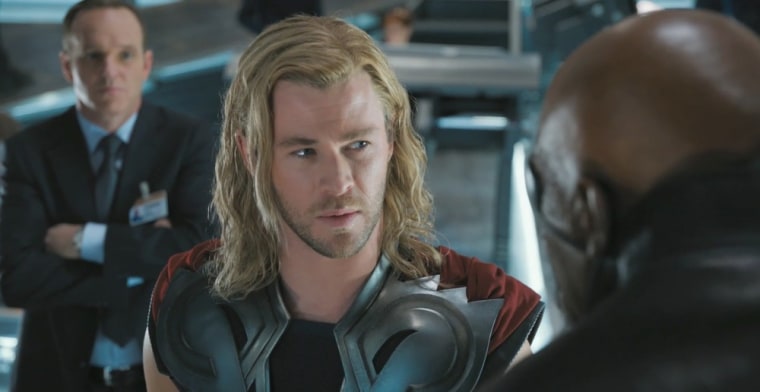Call it Hollywood-on-the-Thames.
Tax breaks are luring top Hollywood filmmakers to Britain, according to the director of the British Film Institute's Film Fund, who says the country's economy is benefiting as a result.
Filmmakers working in Britain can receive a refund of up to 20-25 percent of the total amount spent on a movie, which Ben Roberts, who heads the distribution of film funding in the U.K., said made good economic sense.
"The tax relief costs the treasury about £150 million [$229.5 million] a year, but in terms of GDP [gross domestic product], it contributes £12 to every pound spent, so it feels like a good deal," he told CNBC on Wednesday.
(Read more: Spare cash? Maybe you should back a Hollywood film)
The London area is home to almost 30 film-making locations, including the famous Ealing, Pinewood and Elstree studios.
The tax breaks were succeeding in attracting Hollywood filmmakers to Britain, according to Roberts. "Obviously it's used for new film talent here in the U.K. and it attracts big U.S. blockbusters to the U.K. So for the film industry overall it's great business," he said.
Last year, Marvel's "Thor 2" was filmed in Britain, and anticipated sequels "Avengers 2" and the next Star Wars installment are due to start filming in the country next year.
Movies also boost domestic tourism in Britain, according to Roberts, who said they cause a "great boom" in overseas visitors. Film London, the city's public film and media agency, found that movies depicting Britain attracted 10 percent of tourists to the country.
Walks and tours also provide visitors with the opportunity to see filming locations from movies including the Jame Bond franchise, "Bridget Jones Diary" and "Notting Hill." Roberts said the Harry Potter Studios Tour in particular had caused a "massive attraction of tourism."
"Heritage films, which continue to do well – 'The King's Speech,' 'Quartet' last year - they attract tourism as well to the U.K," he added.
(Read more: Loeb to 'wait and see' after Sony nixes spin-off)
But despite record box office takings in Britain over the last year, Roberts said the country's film industry is reliant on tax breaks.
Unlike in the U.S., Britain's film industry is not cyclical and is not dominated by studios, Richards said, which means it is not as sustainable.
But the industry could get a boost from video-on-demand, which has increased by 50 percent year-on-year, he said. Video-on-demand allows viewers to stream or download movies to their televisions, game consoles, or computers.
"Although it's still a growing business, that's a new, booming business for film," he said.
